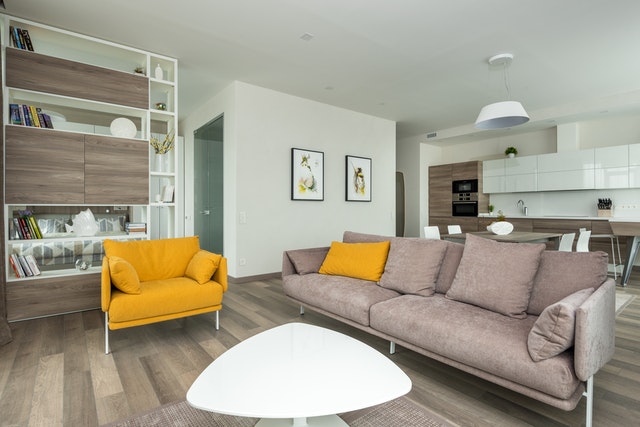Before COVID, the accommodation sector was very profitable. This sector includes traditional rental properties and short-term providers (ie Airbnb, Stayz and our very own Aussie Riparide). The demand for such services is always necessary, especially for people travelling abroad.
Unfortunately, the accommodation industry has taken a massive hit due to COVID. Like most business owners, those who own accommodations had to adjust. The entire situation has many people asking a single question: should short-term hosts continue to wait for guests, or should they return to the traditional rental system? After all, there’s no real prospect of faraway travelers because of the coronavirus.
What generates the best return on investment? In this article, we’ll shed some light on the question. Read on below to learn more.
Short-Term Rentals vs. Long-Term Rentals
The short-term rental system is based heavily on tourism. Owners rent their properties out to people who are mostly tourists. The time they’re allowed to rent is typically for short periods, such as 15 days to 1 month. Airbnbs are a platform for short-term rentals, and it’s beneficial for several reasons.
Airbnb owners, called hosts, need to maintain their property to the highest standard, pay for all outgoings including electricity, gas, water and high-speed internet. The provider or rental agent manages the booking, payment, terms and conditions and critically deals with disputes when they arise.
In long-term rentals, where the property is rented for six months or more. Contracts are also drafted and signed. The owner will be responsible for finding prospective tenants, as well as the task of payment collection.
Neither option is stress free and the help of a fully qualified property manager such as Own Better is critical to ensuring you maximise your returns in the short term market when the opportunity presents itself and have the security of income of the longer term market in times of need.
Airbnb vs. Renting: Income Generation
Several factors influence how much you generate from your property:
#1: Based on the Price of the Property
If you’re an Airbnb host, your property will generate different amounts of income depending on how long it’s rented. If your place is in high demand, you can increase the cost of the rent. Aside from that, you can also do the same with last-minute bookings and some special arrangements. Thankfully, guests are always compelled to take whatever they can, even if it means increased costs.
If you’re sticking with traditional renting, though, the amount that you’ll receive from your tenant is the same. However, your income is secure because you will be getting it regularly, such as monthly.
#2: Based on Upfront and Ongoing Payments
If you’re an Airbnb host, your property must always be in the best condition possible. There are plenty of costs involved, such as upfront costs and ongoing payments such as Wi-Fi, electricity, and cleaning services, to name a few. If you have multiple Airbnb properties, expenses will be higher.
In the traditional renting system, expenses are lower. However, it falls within your responsibility to inspect the property before welcoming your tenant and paying for ongoing repairs and maintenance.
Conclusion
Airbnb can generate significant returns on investment, but only if you’re willing to take risks. You can increase the charges, especially if there are lots of searches. Just make sure that your property is in top condition so that they may consider returning.
Own Better is an agency that specialises in helping property owners get as many returns as possible. We offer services for property management such as residential and short term rental property management, ensuring that your business remains a success. Contact us today for a consultation!




